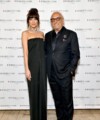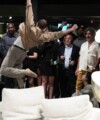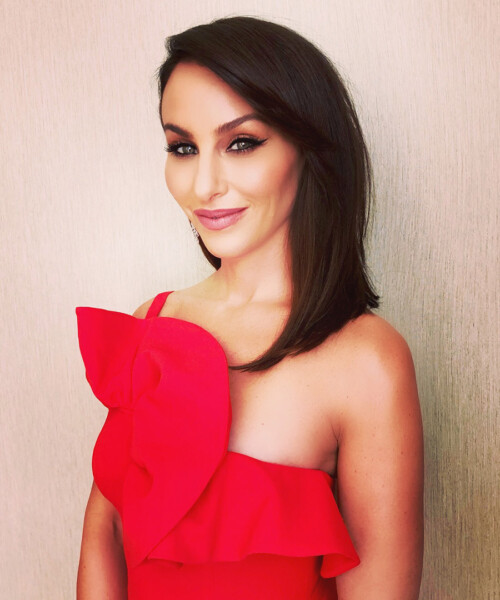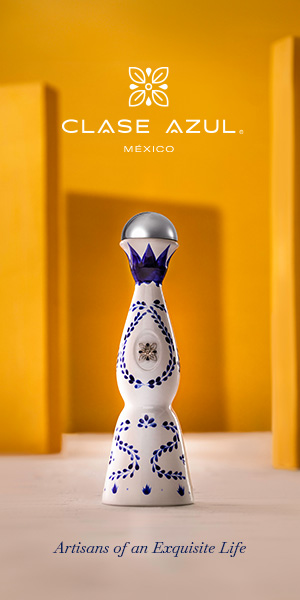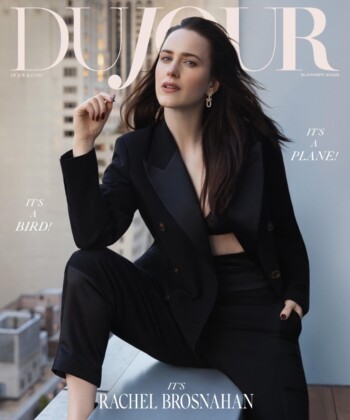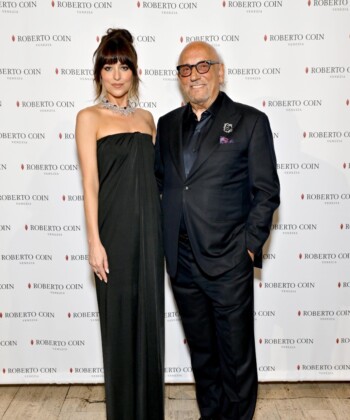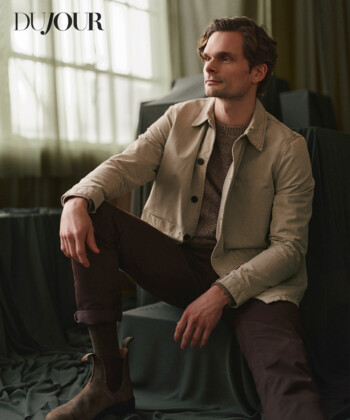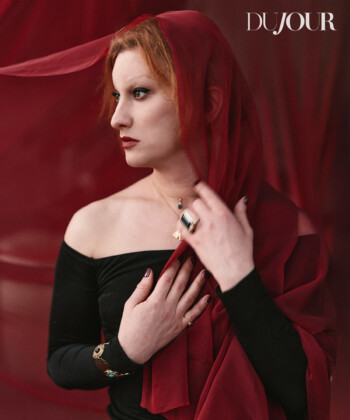In Aaron Sorkin’s directorial debut Molly’s Game, Jessica Chastain plays real-life card shark Molly Bloom, an Olympic skiing hopeful-turned-poker game ringleader who catered to Hollywood A-listers. While the narrative, culled from Bloom’s memoir, may predate the #MeToo movement, the specter of sexual harassment and female objectification is a constant in the film, with Molly’s underground operation—which she supervises in hyper-femme, male gaze-friendly cocktail attire—serving as a mid-aughts fantasia for shitty-male impulses. In fact, while not depicted in the film, Tobey Maguire, a regular of Bloom’s, once offered her $1,000 to impersonate a seal—which she declined. Eventually, the FBI busted the $100 million gambling ring and dangled a 10-year sentence over Bloom—a casualty, the film posits, of male whims and lack of options for driven women.
Given Bloom’s high-octane life and Sorkin’s dizzying cinematic style, it’s easy to forget while watching the film that it’s based on a real-life woman—who now leads a quiet life in Colorado. Here, in time for International Women’s Day, we catch up with Bloom about #MeToo, the Olympics, and what it’s like living out a truly Sorkin-esque plot.
Did you imagine your memoir as a film when you wrote it?
When I decided to write the memoir, I had to think a lot about it, because there was a big part of me that just wanted all of it to go away. My heart was pretty broken in terms of losing the game and looking at some of the choices I had made. But I had to dig myself out of the hole, both financially and reputationally. And even though it seemed like a long shot, publishing a memoir and getting a notable screenwriter to adapt it was kind of the pie in the sky, but in a weird way my best shot.
How did you link up with Aaron Sorkin?
So after I published the memoir, being from the poker world, I ran some numbers and the odds, and it seemed like every time Aaron Sorkin wrote something it not only did well financially, but also [did well] from an awards standpoint. And he was my favorite writer, too.
So I went around in Hollywood to anyone who would listen. And finally I found an entertainment attorney who said, I’ll ask [Aaron] for a personal favor—which it had to be, because he’d be like, why would I meet with a poker player? So basically [Aaron and I] met and he loved it. And he told me he wanted to stop what he was working to work on this, that was probably the most pivotal moment of my life.
What was it like working with Aaron?
And so then we started this pretty intense eight-month process where I worked with Aaron and his team. And we made these Venn diagrams and had these really intense sessions with Aaron just shooting all these crazy questions—everything from deep, family wounds to outlining different hands in poker to talking about the Olympics. And at one point I was like, is this going to be a movie? But then in true Sorkin fashion, he brings it all together in a really brilliant way. And it was also hard, but I joke that I owe him for therapy. Because I feel like I had a lot of therapy in those eight months.
That sounds like a scene from an Aaron Sorkin show!
There were a couple of those moments that were like Inception. It was like the movie behind the movie behind the movie.
What were your thoughts while watching the movie?
The way I ultimately decided to view it was magical albeit stupid. Everyone told me to see the movie by myself. I was like, I kind of just want to see the movie with my family at the Toronto Film Festival. And when I got to the theater, with 2,000 other people about evaluate my life, I was like, what was I thinking?
And then this really insanely awesome thing happened. The first scene is this exciting shock value kind of sports scene. And that kind of shocked me out of my self-pity. And it was clear the movie was really good, and that felt amazing.
Also, it was this experience where it felt like I was so connected to humanity and these people, whereas I had kind of been a loner. I had kind of kept my mouth shut and not shared too much about what was going on in my life. I think it changed me. I just felt much better about the world. It wasn’t me against them.
As someone who was involved in a kind of Hollywood underground, what are your thoughts on the #MeToo and #TimesUp movements?
I think I want to comment in a broader way about all these things that are going on. There is definitely an energetic change going on. And it started with not only the bravery of people who have been harboring deep secrets being brave in coming out, but also the reaction. These swift and just consequences. And now these young kids going after gun control. And really making an impact. It really feels like this exciting time where we’ve had enough. I think it’s the most optimistic and hopeful I’ve been in my whole life.
Do you feel like your story is part of a kind of feminist canon?
When I was little I always wanted to see the kinds of movies that are coming out now. Or read these kinds of books and I couldn’t find them. And my mom arranged for me to have time in the library when I was a kid. And to be able to read biographies about women… we need inspiration and build inspiration around shared experience. And now that those kinds of stories are getting traction, it feels so timely.
Molly’s Game is available on digital 3/27 and on Blu-Ray, DVD and on On Demand 4/10.

















